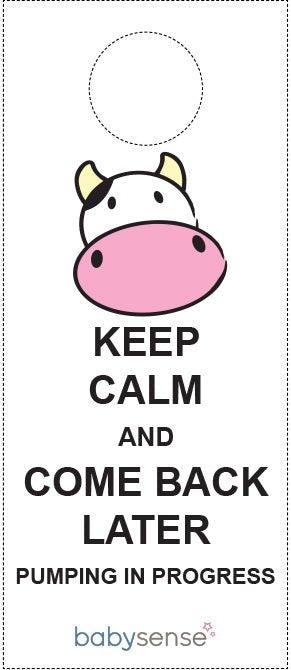We understand that as a mom, there are many aspects to mothering. Here are some tips to make the most of each cherished step along the way:
Baby’s first few weeks
This is a wonderful time for bonding and getting to know your baby. Bonding is the unspoken connection which develops between you and your little one. This is mainly based on your loving responses to your baby’s gestures, sounds and needs, something which later plays an important role in raising a child who feels good about themselves and who is kind and caring towards others.
From the start, your baby is aware of your emotional cues resulting from the tone of your voice, your movements and even your emotions. These are all reciprocated by your baby’s cries, coos and even the copying of your facial expressions. Responding to the cues of your baby, giving him food, warmth and affection reinforces the bond and brings it full circle.
There are many ways and cues in which bonding takes place. Here are a few of them:
- Skin-to-skin: physical contact plays an important role in your baby’s development, making him feel safe and loved. Touch becomes an early means of communication as babies respond to skin-to-skin contact. It's soothing for both you and your baby while promoting your baby's healthy growth and development. Your baby will be able to differentiate between your touch and that of your partner, if both of you hold and touch your little one on a frequent basis. Each of you should also take the opportunity to have "skin- to- skin" with your newborn, holding him against your own skin when feeding or cradling.
- Cuddle your baby – cuddling is an extended part of skin-to-skin, making your baby know that he is loved. This reinforces your bond and creates a sense of trust between you and your baby.
- Look into your baby’s eyes: making eye contact reinforces your bond with your baby and encourages them to recognise your face, enabling meaningful communication at close range.
- Talk to your baby: engaging in talk with your baby makes them respond to your voice. Language is learnt by imitating your sounds, resulting in speech patterns, so that the more you speak to your baby, the faster his speech will develop.
- Liquids: drink plenty of water, especially if you are breastfeeding so that you stay hydrated. Drink herbal teas or unsweetened ice teas and avoid drinks with caffeine as these can irritate your baby or prevent him from falling asleep
- Energy-boosting foods: healthy snacks, fruit, and veggies can help invigorate you with the additional energy needed to care for your baby
- Try to get enough sleep: This can be a challenging time in terms of finding an opportunity to sleep, making you feel a little edgy as a result. Try and sleep whenever your little one takes a nap. Another option is alternating night duty with your partner, so that each of you is “on duty” for 2 consecutive nights, while the other person gets to sleep through the night. You will definitely feel much better after a good night’s sleep.
- Don’t be afraid to ask for support: Asking your partner, family or friends to help around the house can make all the difference, easing your load and making you feel supported during this time.
- Schedule some time away: Although you may feel guilty taking “time out” from your little one, keep in mind that caring for your baby can be very demanding. Take time out for an hour - meeting a friend, going for a walk or putting in time at the gym or at yoga can refresh and re-energise you.





